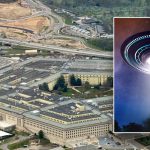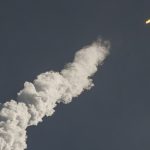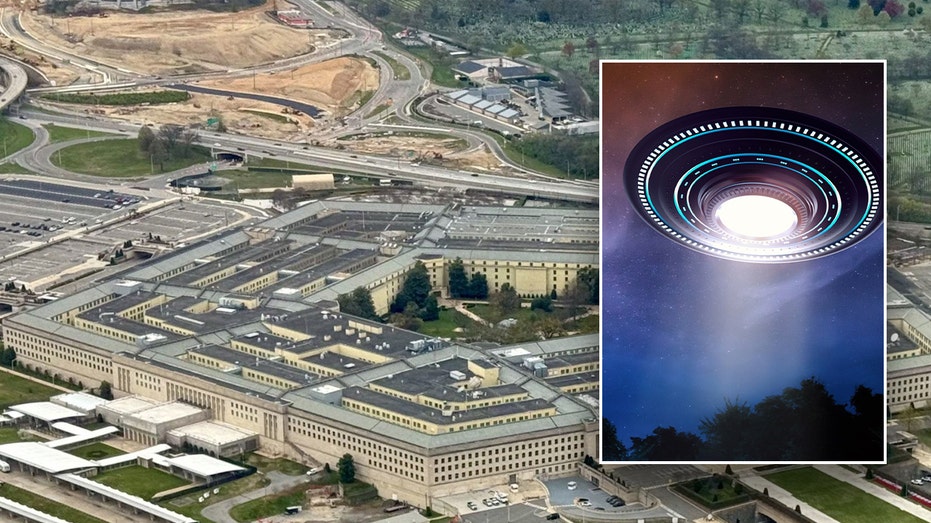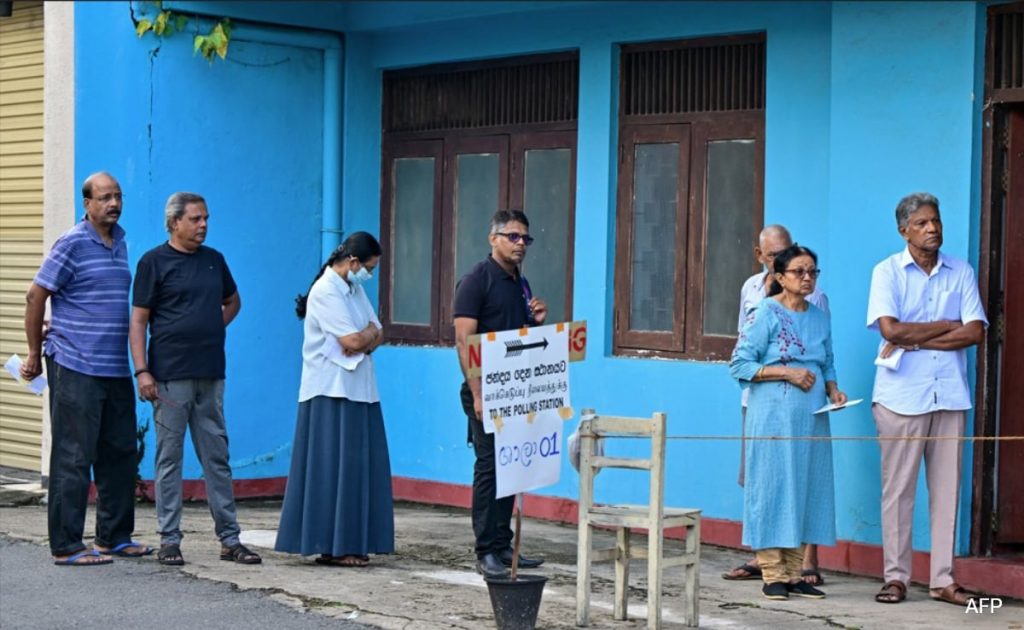Tuesday at California’s Vandenberg Space Force base, the U.S. launched a Minuteman III missile, “in an important test of the weapon’s ability to strike its targets with multiple warheads,” according to Air and Space Forces magazine:
The Minuteman III missiles that form a critical leg of the U.S. nuclear triad each carry one nuclear-armed reentry vehicle. But the missile that was tested carried three test warheads… The intercontinental ballastic missile (ICBM) test was controlled by an airborne command post in a test of the U.S. ability to launch its nuclear deterrent from a survivable platform…. Gen. Thomas A. Bussiere, the commander of Air Force Global Strike Command, said in a release: “An airborne launch validates the survivability of our ICBMs, which serve as the strategic backstop of our nation’s defense and defense of allies and partners….”
The three test reentry vehicles — one high-fidelity Joint Test Assembly, which carries non-nuclear explosives, and two telemetry Joint Test Assembly objects — struck the Reagan Test Site near the Kwajalein Atoll in the Marshall Islands roughly 30 minutes later after launch, a flight of about 4,200 miles. “They make up essentially a mock warhead,” Col. Dustin Harmon, the commander of the 377th Test and Evaluation Group, the nation’s operational ICBM test unit, said in an interview with Air & Space Forces Magazine. “There’s two different types. One is telemetered, so it’s got a radio transmitter in it, it’s got antennas, gyroscopes, accelerometers — all the things that can sense motion and movement. And we fly those or we can put one in there that’s called a high-fidelity. That is assembled much like an actual weapon would be, except we use surrogate materials, and so we want it to fly similarly to an actual weapon. … It has the explosives in it that a normal warhead would to drive a detonation, but there’s nothing to drive….”
The U.S. government formally notified Russia in advance of the launch in accordance with a 1988 bilateral agreement. More than 145 countries were also provided with advance notice of the launch under the Hague Code of Conduct — an international understanding on launch notifications. The U.S. also provided advance notice to China, a DOD spokesperson told Air & Space Forces Magazine. China notified the U.S. of an ICBM launch over the Pacific Ocean in September. There is no formal agreement between Washington and Beijing that requires such notifications, but each side provided them to avoid miscalculations.
Test launches happen three times a year, according to the article, yielding “several gigabytes of data” about reentry vehicles, subsystems, and payloads. “There are 400 Minuteman III missiles currently in service across Colorado, Montana, Nebraska, North Dakota, and Wyoming.”
Thanks to long-time Slashdot reader SonicSpike for sharing the article.
Read more of this story at Slashdot. Read More




